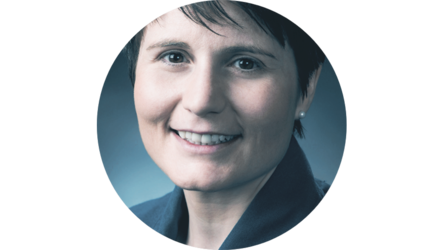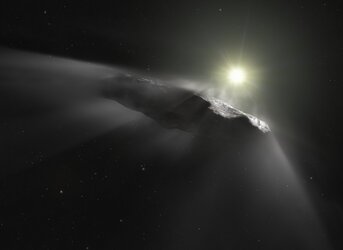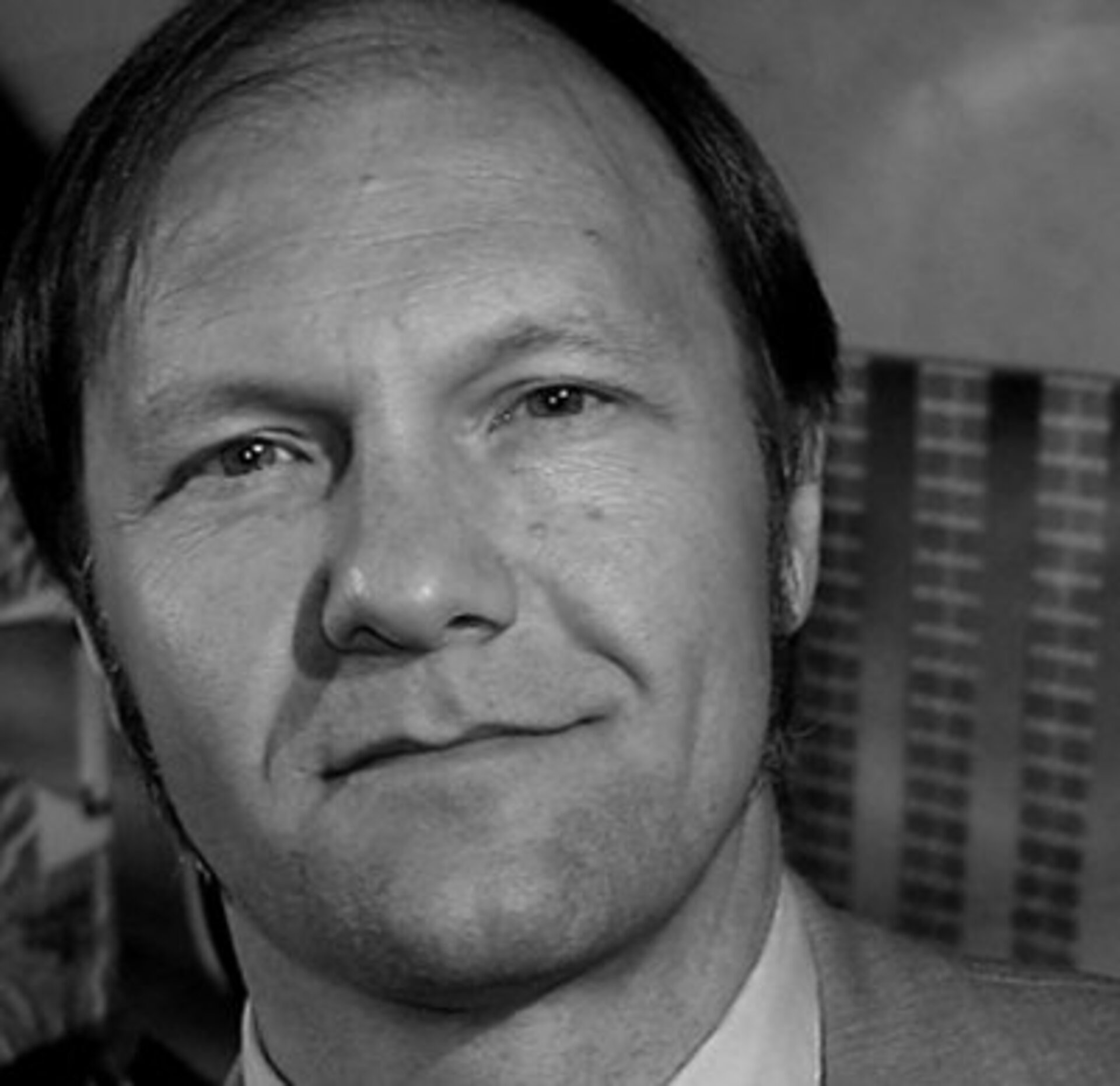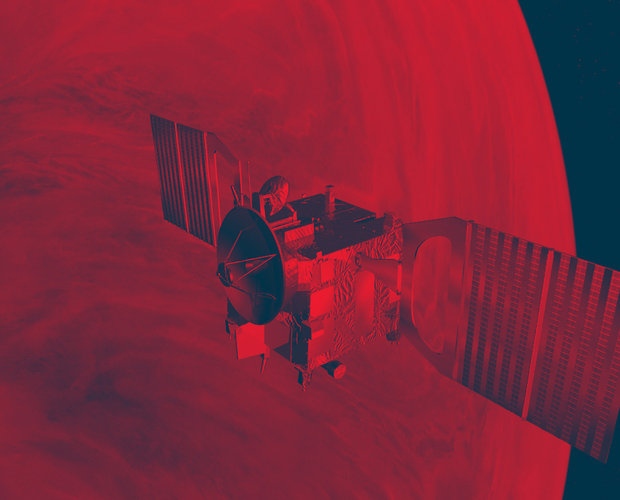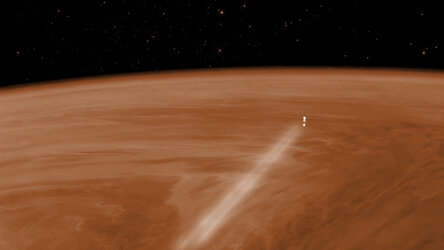Project Manager: An interview with Don McCoy
The launch of any mission is a defining moment for any space project manager.
The same goes for Canadian Don McCoy, whose role is to prepare all elements of the Venus Express mission for this moment so that it will run smoothly after launch.
|
Don McCoy Born: Winnipeg, Canada Postgraduate degrees in Chemistry, Civil Engineering and Aerospace Engineering from University of Winnipeg and University of Toronto, 1976, 1979 and 1981. Experience: Joined ESA in 1986 in the System and Programmatics Department of the Technical Directorate. Moved to the Science Projects Department as Operations and Assembly, Integration and Verification (AIV) engineer for Hubble Space Telescope (HST) in 1988. After the launch of HST joined Huygens team as Principal Payload Engineer. Following launch of Huygens in 1997 entered the Mars Express Project to become the Principal AIV engineer. During the Mars Express development, the evaluation and start-up of Venus Express was performed in parallel. Became Venus Express Project Manager in 2004. |
ESA: How do you feel as Venus Express gets so close to its launch date?
Don:I feel very happy to be arriving at the beginning of the end of development, and the beginning of the mission.
ESA: What are your greatest hopes for the mission?
Don: My objectives for the mission are to provide the European scientific community with the best possible opportunities to discover the secrets of Venus with their instruments. If our scientists are able to contribute to the explanation of the mysteries of the planetary evolution, and the reasons for the great differences between Venus and Earth, I will feel my hopes were fulfilled.
ESA: Does the Project manager’s role end at launch, and if not what other work needs to be done?
Don: Launch is the defining moment between preparing for a mission and implementing the mission. A Project Manager's role prior to launch is to prepare all elements of the mission system for this moment so that the mission will run smoothly after launch.
Nevertheless, the Project Manager continues the role of overseer throughout the period of cruise phase, Venus Orbit Insertion and in-orbit commissioning until the mission is formally declared 'operational'. At any of this times decisions on priorities for the mission may be needed in case of unforeseen circumstances.
ESA: The moment of the launch will be very exciting, but are there any other critical moments before the launch?
Don: During the spacecraft development there is always the question of whether the design meets the needs of the mission.
As we approach the time of shipment of the spacecraft to the launch site this question must be answered through formal reviews in ESA called Flight Acceptance Reviews. These are a major milestone in the lifecycle of any space development and a positive answer in this review is highly important.
Leading up to the launch is a critical period at the launch site where the spacecraft must be finally configured and verified for the flight. Once this is accomplished the integration with the launcher and finally the installation of the launcher on the launch pad are all major milestones that must run smoothly before the actual launch.
ESA: What are the next big challenges for the mission after launch?
Don: Launch is only the beginning of the challenges for the mission. At every point along the way to Venus a constant vigil is needed to ensure that the trajectory is as desired for the eventual rendezvous with the planet.
However, the most significant challenge post-launch is the capture into orbit where the spacecraft must perform flawlessly at exactly the moment pre-determined by engineers. The Venus Orbit Insertion manoeuvre is pre-programmed and performed autonomously by the spacecraft. Everything must be exactly correct.
ESA: What advice would you give somebody who wanted to work in space exploration?
Don: I would advise them be sure to have a very broad knowledge of the sciences and, above all, understand that they will never be able to leave the planet without the help of their colleagues.
ESA: How did you become interested in working in the field of space exploration?
Don:I was personally attracted to space exploration by the events of the early explorers, when the first satellites were being sent into space and the manned space programmes in Russia and the USA were developing. The images of the launches were a magnet for me. I hope, in turn, that the launch of Venus Express will inspire someone else today.















 Germany
Germany
 Austria
Austria
 Belgium
Belgium
 Denmark
Denmark
 Spain
Spain
 Estonia
Estonia
 Finland
Finland
 France
France
 Greece
Greece
 Hungary
Hungary
 Ireland
Ireland
 Italy
Italy
 Luxembourg
Luxembourg
 Norway
Norway
 The Netherlands
The Netherlands
 Poland
Poland
 Portugal
Portugal
 Czechia
Czechia
 Romania
Romania
 United Kingdom
United Kingdom
 Slovenia
Slovenia
 Sweden
Sweden
 Switzerland
Switzerland



